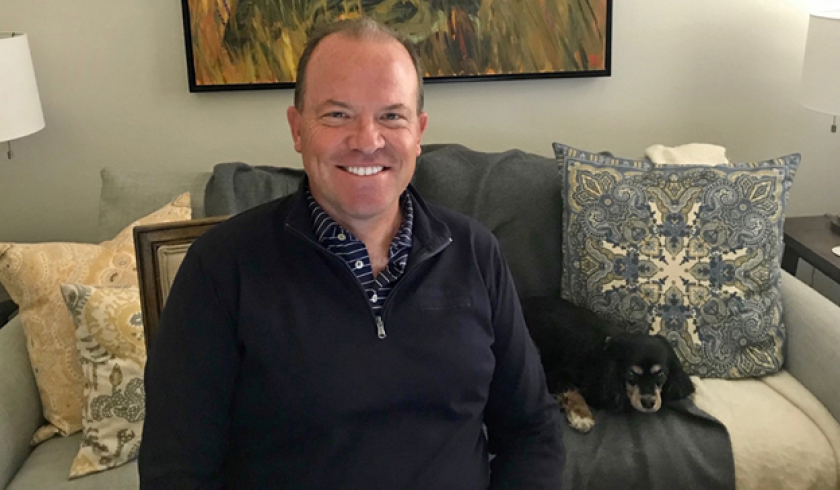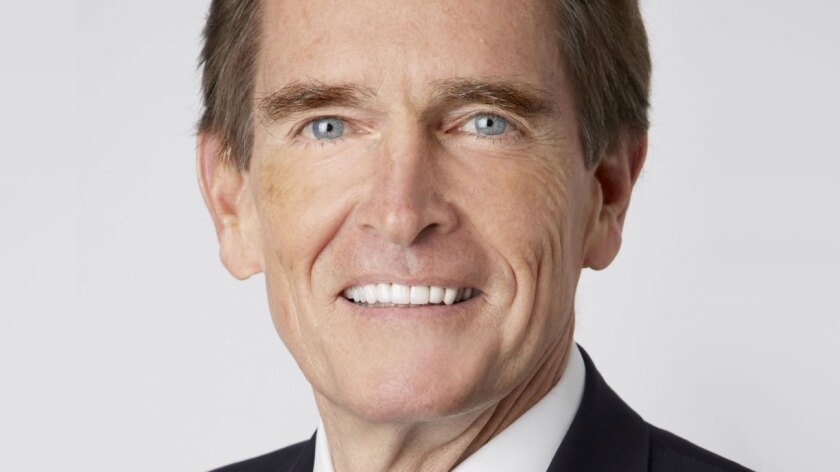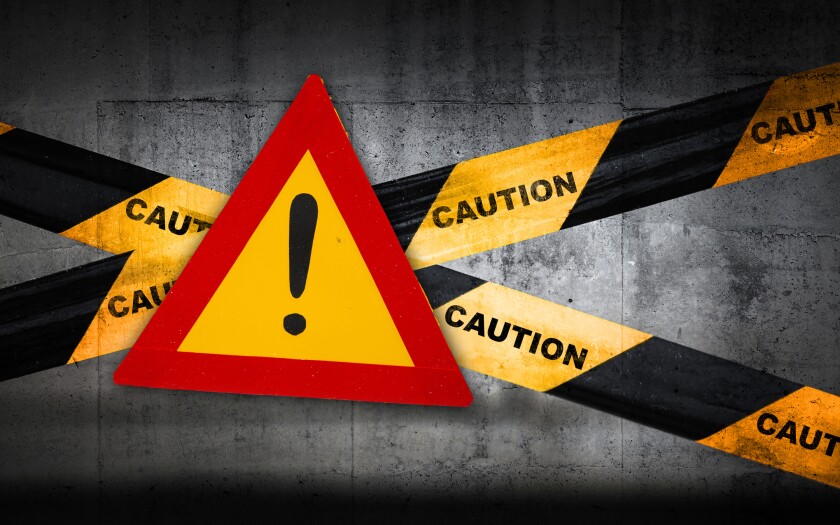Greg Seibly, who led the turnaround of Sterling Financial during the Great Recession, was nine days into his new job as president of Union Bank when the pandemic was declared.
One segment of the market, at least, has proved more resilient than many feared early on in the crisis.
James Smith, who recently completed his gradual transition out of banking, was spearheading a public-private economic development plan for Connecticut when the coronavirus pandemic hit. The crisis made the need for the plan greater — and the job harder.
Small businesses have run into roadblocks trying to apply for PPP loans since the pandemic triggered mandatory closures.
The bill, which passed the House last week on a 417-1 vote, now heads to President Donald Trump’s desk for his signature.
The payroll provider has been partnering with accountants to help them secure loans for their small businesses.
Employment growth at small businesses improved slightly in May, up 0.25 percent, as stay-at-home orders eased in most states, but that was only after reaching historic lows in April, according to payroll giant Paychex.
The takeaway from the PPP rollout is that bankers must protect their reputations and limit their risk appetites as they participate in further government-backed rescue programs.
The House voted Thursday to give small businesses financially strapped by the COVID-19 crisis more flexibility to spend forgivable loans for payrolls and expenses from the government’s popular Paycheck Protection Program.















